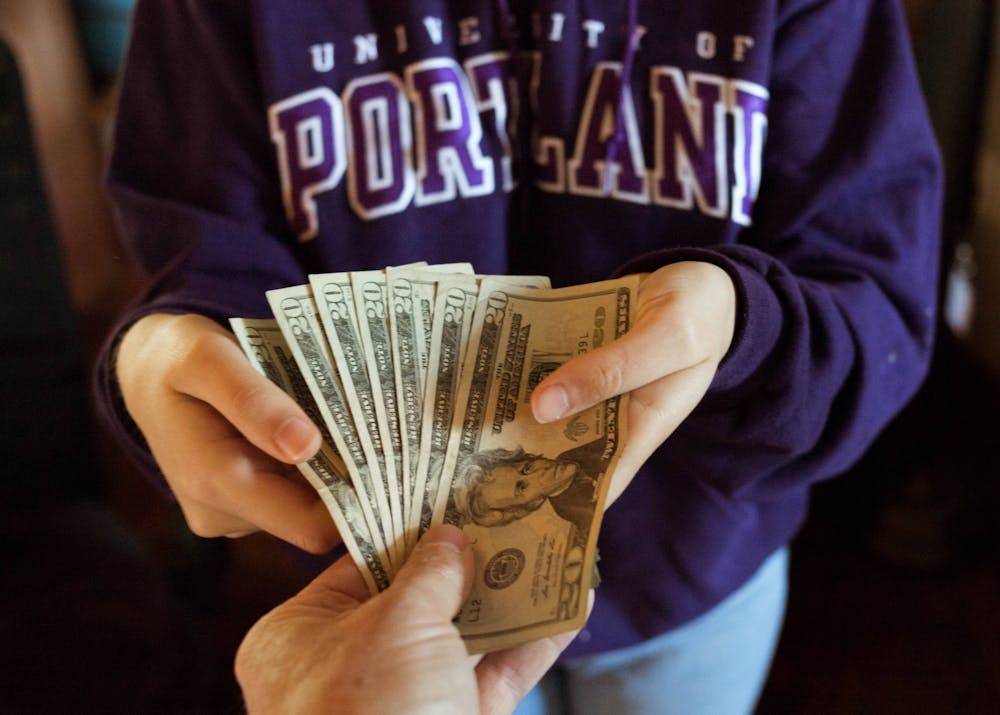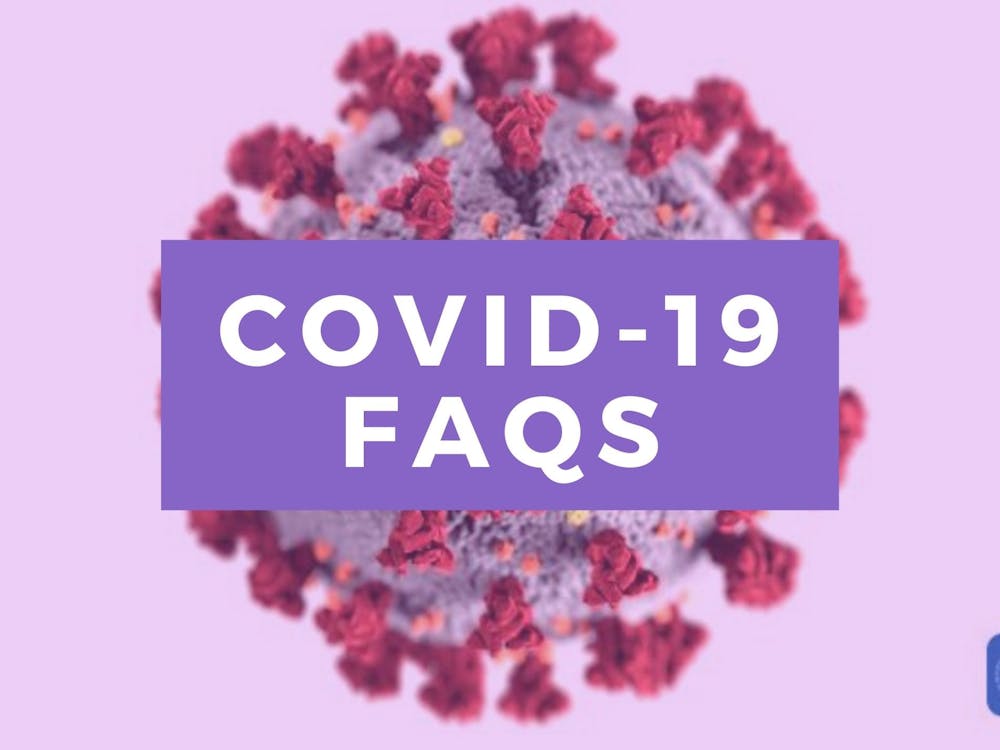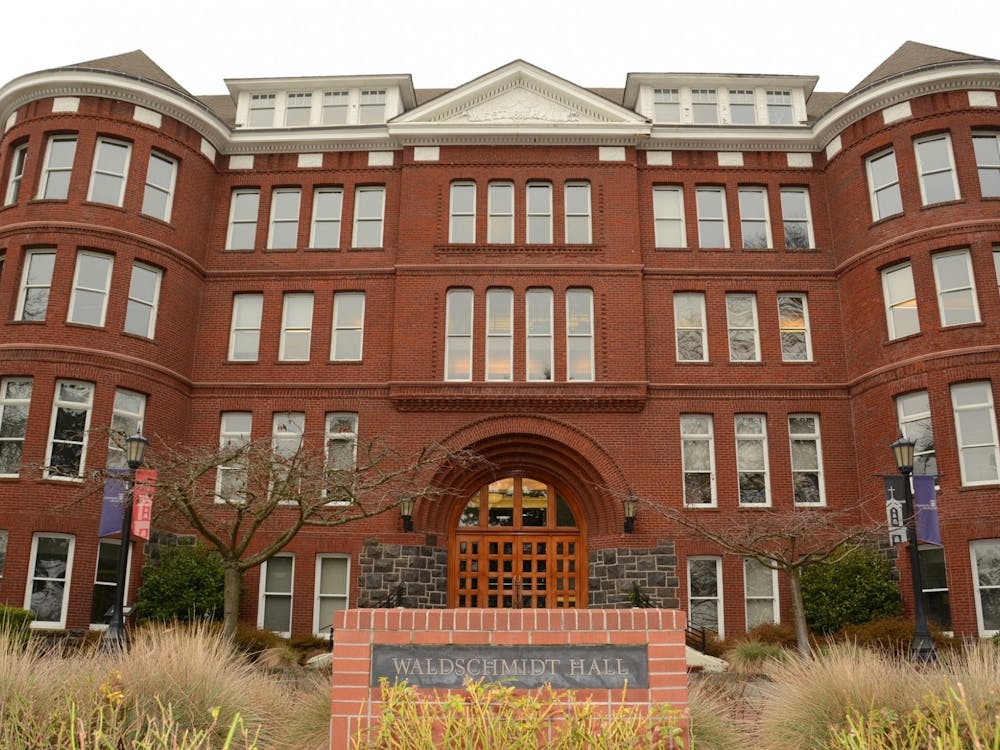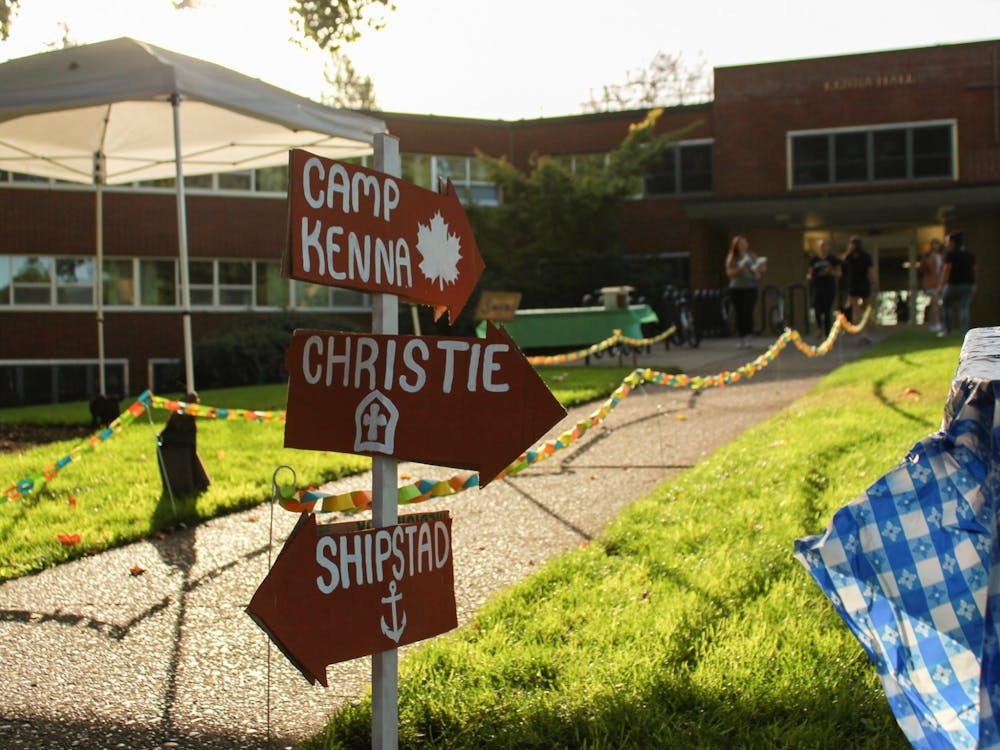The University of Portland will receive $2,672,004 in federal aid via the CARES Act, with at least half of that required to go to emergency student cash grants for expenses related to the COVID-19 pandemic, according to the U.S. Department of Education.
Qualifying expenses for students include course materials, technology, food, housing, healthcare and childcare.
According to Vice President for Financial Affairs Alan Timmins, the university has not determined the criteria for distributing money and has not decided whether seniors will qualify for the grants. They are still in the process of determining what UP’s application for the student grants will look like.
“We have not received the money yet. It will be available in two segments each consisting of half of the total,” Timmins said in an email to The Beacon.
Institutions will decide which students receive cash grants, and how much, under the agreement with the federal government.
Congress passed the CARES Act — Coronavirus Aid, Relief and Economic Stimulus Act — at the end of March. It is the largest economic relief package in American history, totaling $2 trillion. It allocates $14 billion for colleges and universities and requires that 50% of these funds must go to emergency cash grants for students.
All universities must sign and submit certification affirming that they will distribute the funds according to the act. It is up to the university to decide which students will receive the cash grants, and how much.
In a letter from U.S. Secretary of Education Betsy DeVos to university presidents across the country, she said that institutions have the freedom to distribute the funds “to all students or only to students who demonstrate significant need.”
“With that said,” the letter continues, “I would like to encourage the leadership of each institution to prioritize your students with the greatest need, but at the same time consider establishing a maximum funding threshold for each student to ensure that these funds are distributed as widely as possible.”
Timmins added that there has been no guidance issued on how to spend the second half of the money.
“The situation, like most relating to COVID-19, is in constant evolution,” Timmins said. “But, the money is guaranteed.”
Austin De Dios is a reporter for The Beacon. He can be reached dedios22@up.edu. Maddie Pfeifer (News and Managing Editor for The Beacon) contributed to this story. She can be reached at pfeifer21@up.edu.








